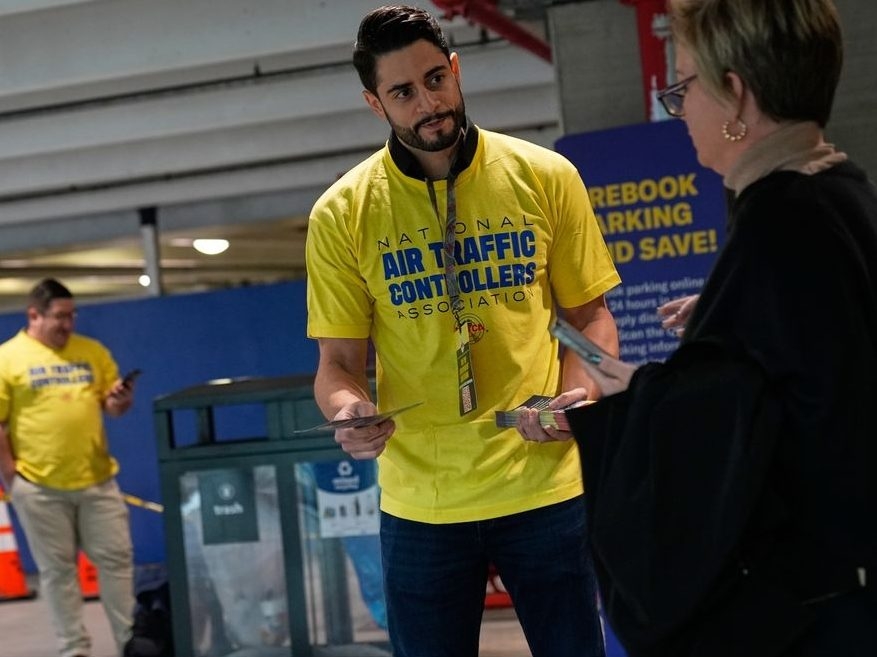The skies above America are growing increasingly strained. A political deadlock in Washington has triggered the longest government shutdown in U.S. history, now stretching past 37 days, and the consequences are beginning to ripple through the nation’s air travel system.
A chilling reality is taking hold: as many as 40 major American airports face significant traffic reductions. The Federal Aviation Administration (FAA) is preparing to scale back operations, potentially cancelling hundreds of domestic flights if a resolution isn’t reached soon. This isn’t a distant threat; the cuts begin with a four percent reduction this Friday, escalating to a full ten percent next week.
The core of the problem isn’t a lack of planes, but a dwindling workforce. Nearly one million federal employees have been furloughed, yet air traffic controllers – deemed essential – are forced to work without pay. This untenable situation is breeding a dangerous trend: controllers are calling in sick or simply not reporting for duty, creating critical bottlenecks across North American airspace.

The strain is immense. Controllers are already working six-day weeks and facing mandatory overtime, pushing them to the brink of exhaustion. Reports indicate staffing shortages have plagued at least 39 air traffic control facilities since the shutdown began, with over 400 reported shortages overall.
The impact will be felt acutely by travelers. Airports bracing for cuts include the nation’s busiest hubs: New York’s JFK, LaGuardia, Newark, and Teterboro; Boston Logan; Dallas/Fort Worth; Washington D.C.’s Reagan and Dulles; Las Vegas; and major Florida gateways like Tampa, Fort Lauderdale, Miami, and Orlando.
Chicago’s Midway and O’Hare, along with California’s San Diego, Los Angeles, and Ontario, are also on the list. Most significantly, Hartsfield-Jackson Atlanta – the world’s busiest airport – is preparing for potential disruptions. The FAA normally manages an astonishing 44,000 domestic and international flight movements *every day*.
While international flights are currently exempt from these reductions, the situation remains volatile. The FAA is appealing to airlines to proactively reduce their schedules, a collaborative effort to mitigate the growing crisis. The future of air travel hangs in the balance, dependent on a swift resolution to the political impasse gripping the nation’s capital.





